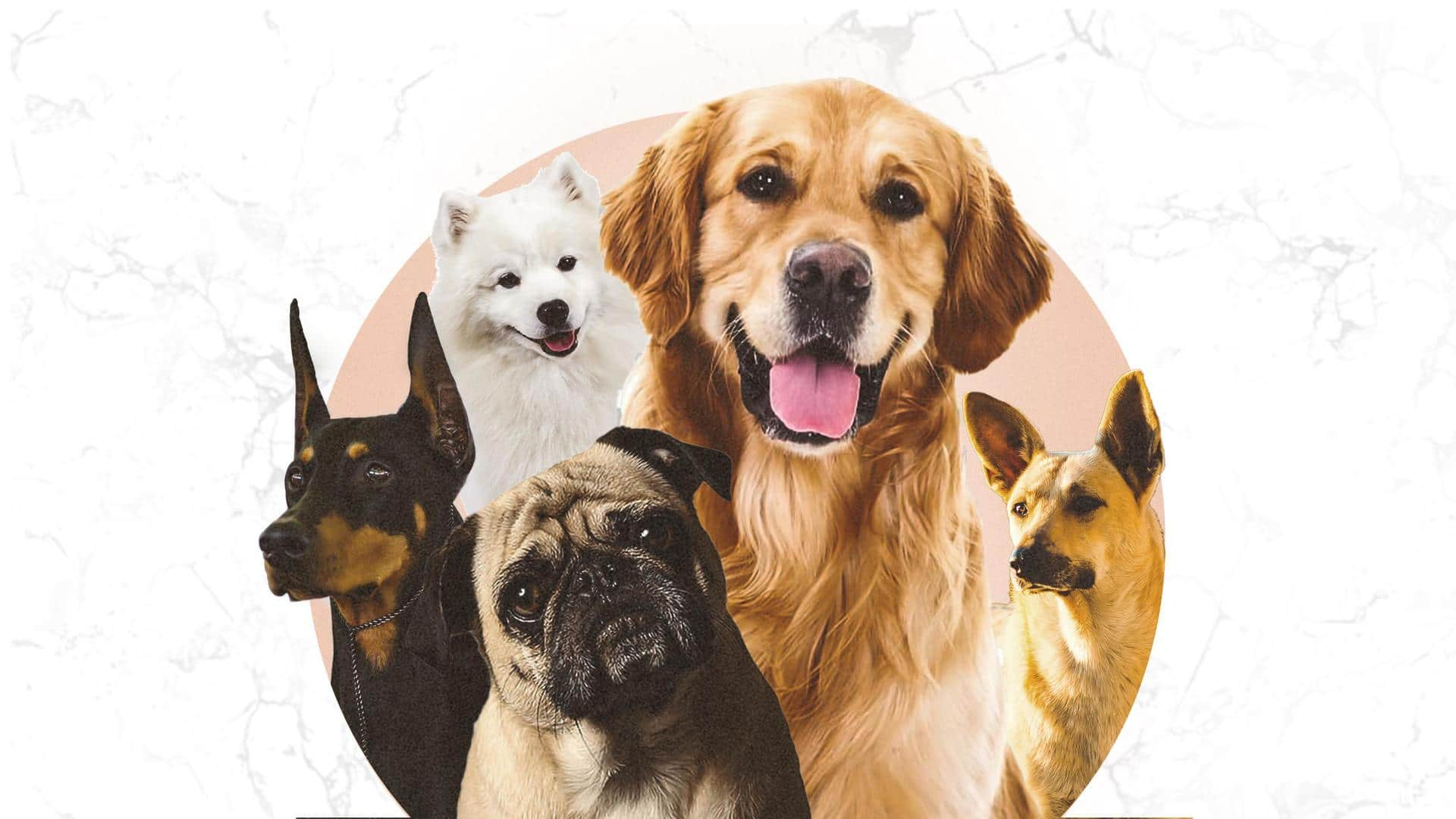
5 dog breeds that are best for India's climate
What's the story
We all love dogs! These warm and adorable beings not only play with you but also stand by you when things get tough. If you are looking for a pet dog, be mindful of the breed. Not all dogs are meant to live in India's hot, humid climate. Besides the weather, you should consider the place you live in while deciding on the breed.
#1
Indian pariah dog: Fittest of all
The Indian pariah dog was born and reared according to the Indian climate and is probably the best choice. While it looks like a stray dog, not all stray dogs are Indian pariahs. They need very little maintenance and a healthy diet is all that is needed to keep them healthy. They are intelligent, loyal, and make for great guard dogs.
#2
Golden Retriever: Obedient and athletic
Golden Retrievers are obedient and athletic but require a lot of grooming. Selective breeding has led to the creation of the Indian Golden Retriever that can survive in the Indian climate. They need a lot of space to run around, so make sure you have such space, along with quality food. These dogs have a life expectancy of 10-12 years.
#3
Pug: Great choice for small homes
Pugs are cute, small dogs, and a perfect choice for small homes. They hail from China and are an absolute favorite in many families. However, they can develop breathing issues in very humid places but can easily survive in Indian temperatures. Pugs have a life span of 12-15 years. However, the wrinkles on their face are prone to infections and must be cleaned carefully.
#4
Indian Spitz: Playful and intelligent
Indian Spitz dogs originated in the 19th century during British India and were bred from German Spitzes. They were deemed fit to survive in the Indian climate after a lot of research and study into breeding styles. The spitzes are quick learners, too. These dogs have a life span of 12-15 years and are also known as excellent indoor guard dogs.
#5
Dobermann: World's best guard dog
Dobermann is said to be the best guard dog across the globe. These dogs are absolutely fearless, loyal, alert, and confident. Contrary to what many people think, a Dobermann, despite its aggressive-looking personality, is a great family dog. They have a life expectancy of 10-13 years and have less body fat so aren't suitable for cold temperatures.